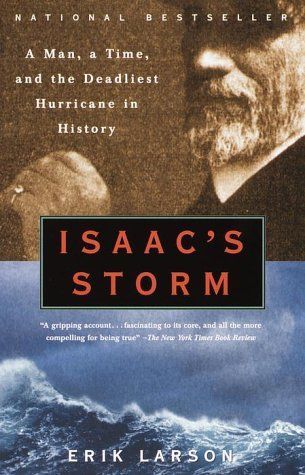
Reviews
Ryan Mateyk@the_rybrary
altlovesbooks@altlovesbooks
Aaliyah Jenkins@aaliyahcharlesa
Wynn Netherland@wynn
Jeni Enjaian@jenienjaian
Lily Trueper@lilytrueper
Anna Adams@anna_adams_writer
Ben Nathan@benreadssff
Francine Corry@booknblues
Andrew Reeves@awreeves
Pierke Bosschieter@pierke
Ashley McFarland@elementaryflimflam
Briar Rose@briarrosereads
John Bush@fjbiv
Noha Abdelaziz@nouhashawqi
L A-T@zoombinis
Elizabeth Bentler@bentlerlizzie
Kathy Rodger @bookatnz
Amanda Gilson@dinkycrow
Celia Street@celia39
Tanya Sutton@mrsreads
Jessica Lord@jlord
Tannie Davidson@sarcasmwearseyeliner
Ellen H@ellenh